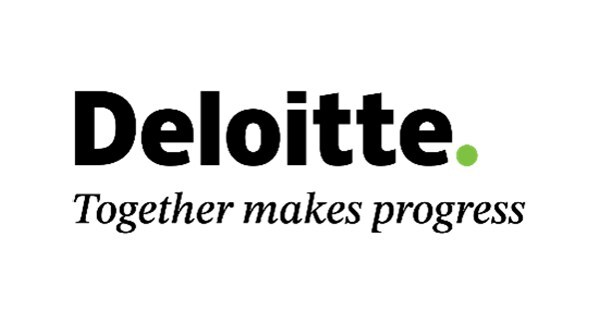Embracing AI in Finance: The Future of Accounting and Financial Management
New York, July 29, 2025 – Artificial intelligence (AI) is poised to become a pivotal tool in financing and accounting, as highlighted in a recent survey conducted by the Deloitte Center for Contoship™. Over 80% of finance and accounting professionals believe that AI-driven tools, including generative AI chatbots (GENAI), will become standard in the next five years, with 14.8% anticipating this transition within just 12 months.
The Advantages of AI-Driven Financial Processes
According to the survey, the primary advantage of incorporating AI into finance and accounting is the notable increase in efficiency and productivity, cited by 42.7% of respondents. This sentiment is even stronger among organizations currently utilizing AI tools—56.1% recognize enhanced efficiency. Other benefits include improved data analysis (26.3%) and greater accuracy with reduced errors (12.4%).
Current Adoption Rates and Future Outlook
Despite the optimism regarding AI’s potential, only 13.5% of organizations have adopted AI agents for financial tasks. However, there is a growing interest, as 33.6% of respondents are actively developing or planning to implement such technologies. Alarmingly, 7.6% of respondents were unfamiliar with what an AI agent entails, indicating a clear need for education and awareness.
Barriers to Implementation
Jonathan Haynes, a controller at Deloitte & Touche LLP, notes the critical barriers hindering the adoption of agentic AI in finance. Concerns regarding trust and upskilling talent remain significant obstacles. “These challenges must be addressed to fully leverage AI’s potential, driving innovation and operational excellence,” he emphasized.
The Importance of Trust in AI Technologies
Trust emerged as the primary challenge in utilizing AI tools across financial workflows, with 21.3% of participants identifying it as a key concern. Other challenges include integrating AI into existing systems (20.1%) and a lack of qualified personnel (13.5%) to manage these technologies. When discussing AI agents’ decision-making autonomy, 59.7% of professionals prefer that decisions be made within a defined framework, while only 2.7% fully trust AI for all decision-making.
Building Confidence in AI Implementation
Court Watson, head of Treasury Transformation at Deloitte, asserts that trust is foundational for the successful integration of AI in finance and accounting. “While the benefits of agentic AI are enormous, these tools are not infallible and need specific safeguards,” he explains. Establishing confidence involves implementing robust policies and processes to guide human oversight throughout the AI lifecycle.
Deloitte’s Commitment to Ethical AI
Deloitte’s Ai™ Trustworthy Framework outlines seven principles aimed at managing AI risks and bolstering user confidence: transparency, fairness, reliability, privacy protection, safety, and accountability. These governance principles are essential for both client-focused AI solutions and Deloitte’s internal use of technology.
Conclusion and Future Research
The insights from the more than 3,300 finance and accounting professionals surveyed during a Deloitte Center for Contoship™ webcast underscore the necessity of AI in redefining financial practices. As organizations continue to navigate this digital transformation, addressing trust and operational challenges will be crucial for successfully harnessing the benefits of AI in finance.

